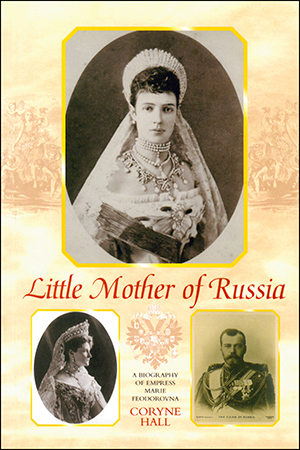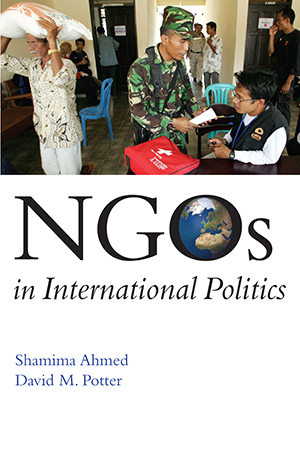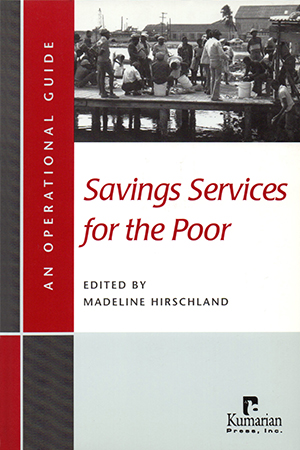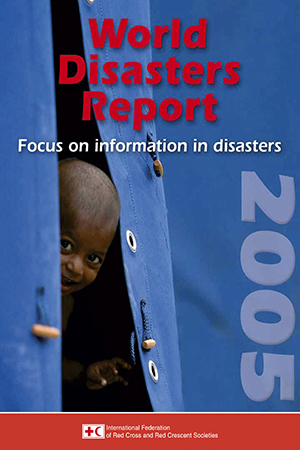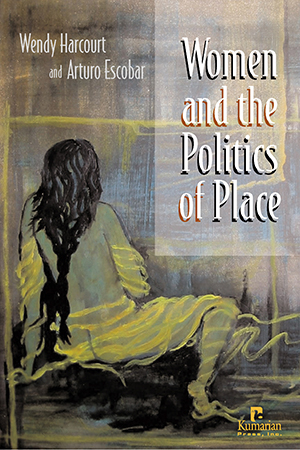BOOKS
What practical steps can reduce child abuse? The authors of this provocative work argue that child sex offending is strongly influenced by opportunities to offend, and that analyzing the More >
Why has youth crime been rising in the developing countries, and how well have their juvenile justice systems responded to this trend? This anthology profiles delinquency rates and juvenile More >
The authors provide both practical guidance and general principles for successfully implementing crime prevention projects. More >
In her moving reflection on growing up as the daughter of refugees from Hitler's Europe, Carol Ascher explores the conflicts of an émigré childhood and chronicles her More >
National Jewish Book Awards Finalist! The editors have gathered a treasure trove of excerpts (some translated into English for the first time) from a variety of genres—novels, short More >
Coryn Hall presents us with a new and accessible biography of Empress Maire Fedorovna, who was married to Tsar Alexander III of Russia, and mother to Nicholas II . This insightful More >
NGOs in International Politics surveys the full spectrum of NGO activities and relationships in a manner accessible to undergraduate students. In Part 1 of the book, the authors discuss More >
In Savings for the Poor, Madeline Hirschland and other leaders in the microfinance field provide practical guidance for developing and managing sound savings operations for small and rural More >
The authors of Women and the Politics of Place analyze women's economic and social justice movements by challenging traditional views, bridging the gap between academic and activist More >






